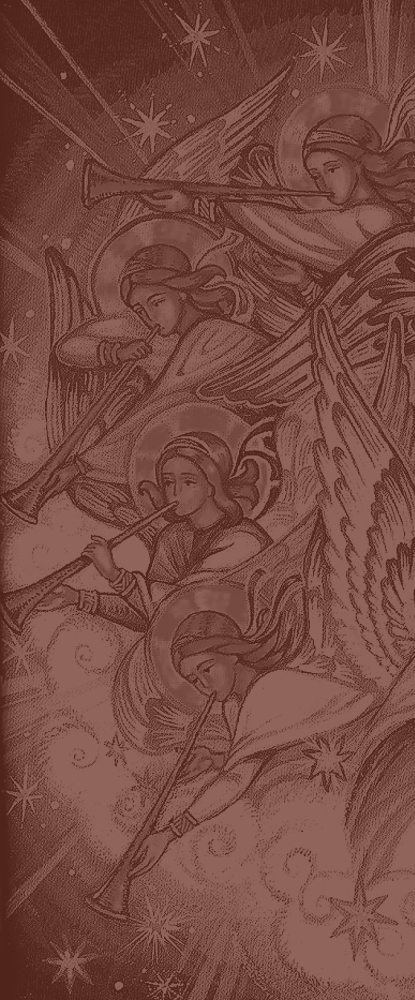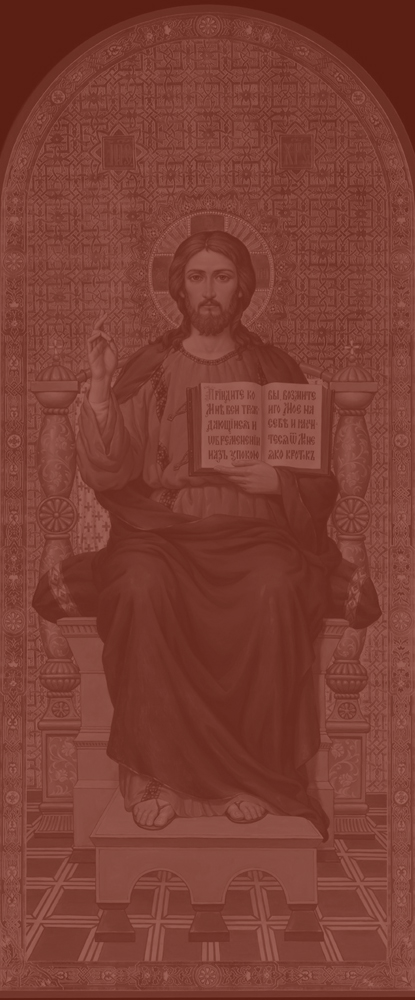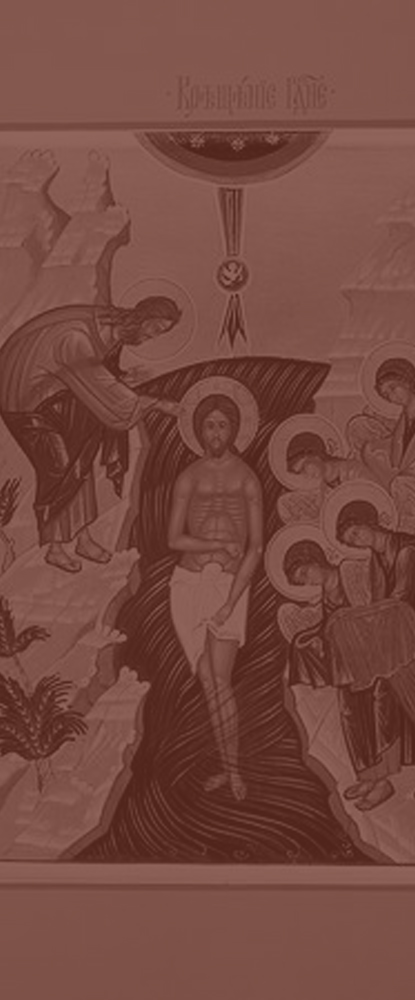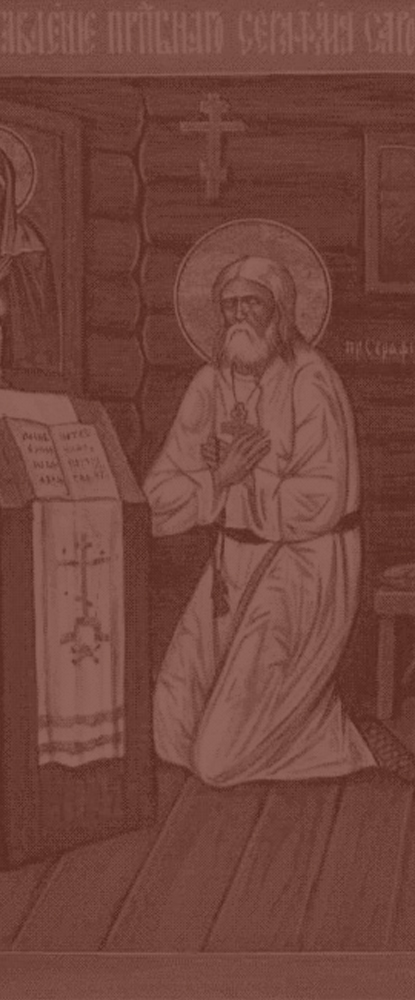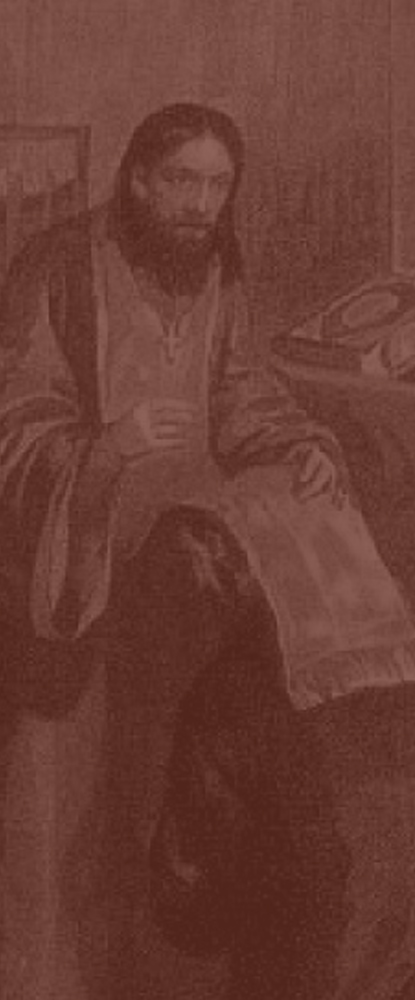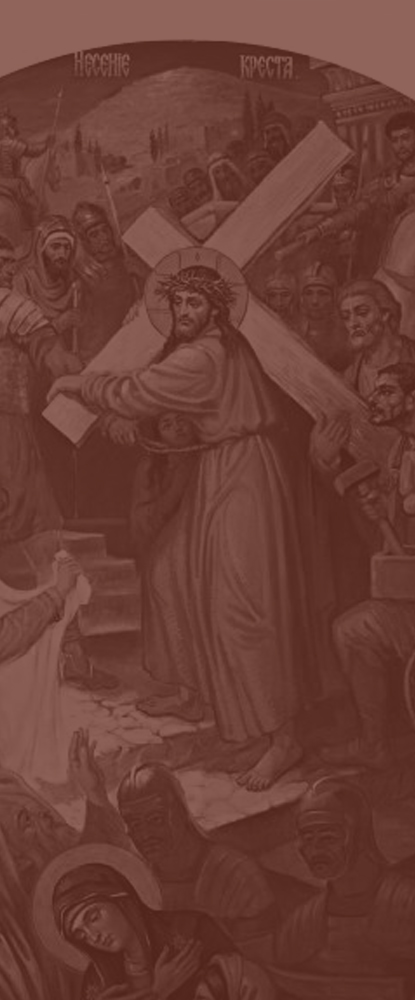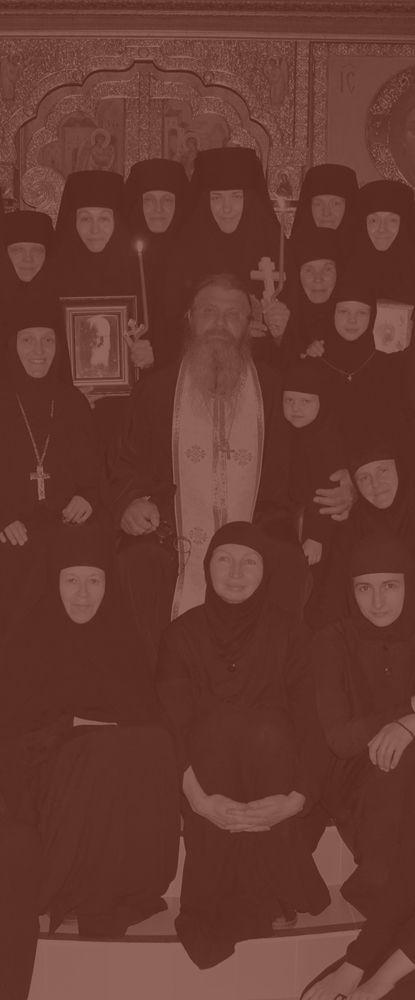SERMON ON THE DAY OF NATIVITY OF OUR LORD JESUS CHRIST
St. John of Kronstadt Cathedral, City of Gai, 07.01.2023
It happens that in our life, in our everyday life, there are not many holy things, or something lofty and inspiring, but everything is mundane, ordinary and common. While our souls yearn for something… such as some holy moments. This happens because, as Dostoevsky said, our soul is Christian by its nature. It needs these feelings. Sometimes it wants to raise itself a little above this mundanity; it wants something high-flown. We try to do this in some earthly things: someone becomes fascinated by art, poetry, or falls for philosophy. However, a soul needs God. A soul does not simply need some high-flown thoughts. Thoughts are just thoughts. A soul needs the Person.
Every nation on earth without exception, even if we take the most remote island with savage people into account, has an intuitive sense of God. This cannot be eradicated. The sense of God and yearning for God are present in every nation. Although, not every nation has knowledge of God, the knowledge of God as a Person. There can be many talks, speculations, wise and thick books about God, but they are only ABOUT Him. At a certain moment a person comes to a point where he or she says, “Well, that’s enough. I am fed up with the information about God. Show me Him Himself.”
Many nations have the notion of One God Who is the Creator. They are the nations from the Bible: Hebrews, Muslims, and Christians. But very often this God is… somewhere far away. Too far away.
Once I visited Jerusalem. My guide was a Jewish man. Considering that I am a priest and he is an orthodox Jew, we had spiritual talks. He told me, “You know, we take God in the following way: He is everywhere.” I said, “Yes, everywhere, and He seems to be nowhere.” This “everywhere” blurs God so much that He cannot become God or a Person at all. He cannot become a Person Whom we can look in the eye, ask a question, and receive an answer.
People who seek God throughout the major part of their lives often prove to become unsatisfied with mere information about God. They begin to long for Him. In the Old Testament, God was mostly the One Who was very far away. People longed for God Whom they could take as a Friend, a Father, and a Person. Answering for this longing and search of such a relationship, God humbles Himself and reaches out to people so much that comes into a human flesh. This meeting does not take place somewhere up there, but it happens right here inside of us. God ceases to be the God “before” us and becomes the God “inside” of us.
The Old Testament righteous people knew such a notion as walking before God. There are the following words there, “Abraham was righteous and walked before God. Isaac was righteous and walked before God.” This walking before God, the feeling of having Him watch them, made them be righteous. They found themselves before the eyes of God all the time and thus regulated their behavior. In the New Testament, things changed drastically and the God “before” us and became the God “inside” of us. He became a man inside of human flesh.
There is a notion of the Holy Fathers called “deification.” This is a union of two natures, a Divine and a human, into one. The first miracle of it happened in the Body of Christ. The Church teaches, He is the Perfect God and the Perfect Man. But this did not stop in Him. He made it possible for all of us. This happened to saints. Saints are not simply great righteous and wise people. Every human has his or her limits. Saints are those people who unite with God. God became their God “inside” of them and enlightened them. Saints do not shine by themselves and draw glory above themselves. The Glory of God reveals itself through them.
This is how close the Lord came to us and this happened on this very night of His Birth. The first miracle of union of flesh and Divinity worked in this little Baby Who laid in the crib. Then it took place first in those who desired it and second in those who made great effort to attain it. As our desire is one thing, but we need to apply effort to reach it.
It became possible for everyone to repeat this miracle of deification. This is when God is not before you, but inside of you.
Our church is dedicated to St. John of Kronstadt. This miracle took place in him too. All of a sudden, a simple man born from an earthly mother came to live a supernatural life, do supernatural things, and say wise words, which did not come from him.
God approached a human this much on this night. For Him this was humbling and even humiliation of Himself in a sense. God is the Creator of the Universe Who cannot be limited by anything. Any limit will humiliate Him. However, He voluntarily goes for this limitation for our sake, for the sake of love for us. This is the kind of holy and festive night we have today.
I wish you to bring home these enigmatic thoughts and feelings after this service. Walk down the street and keep silent, enter this Mystery and bring it with you. If someone in your family stayed at home, come to them gently, kiss and say, “Christ is born!” Let them feel this is not a madness of a sleepy man, who has come from the service, but a particle of his happiness.
Happy Nativity to you, dear! Have a blessed Feast!
